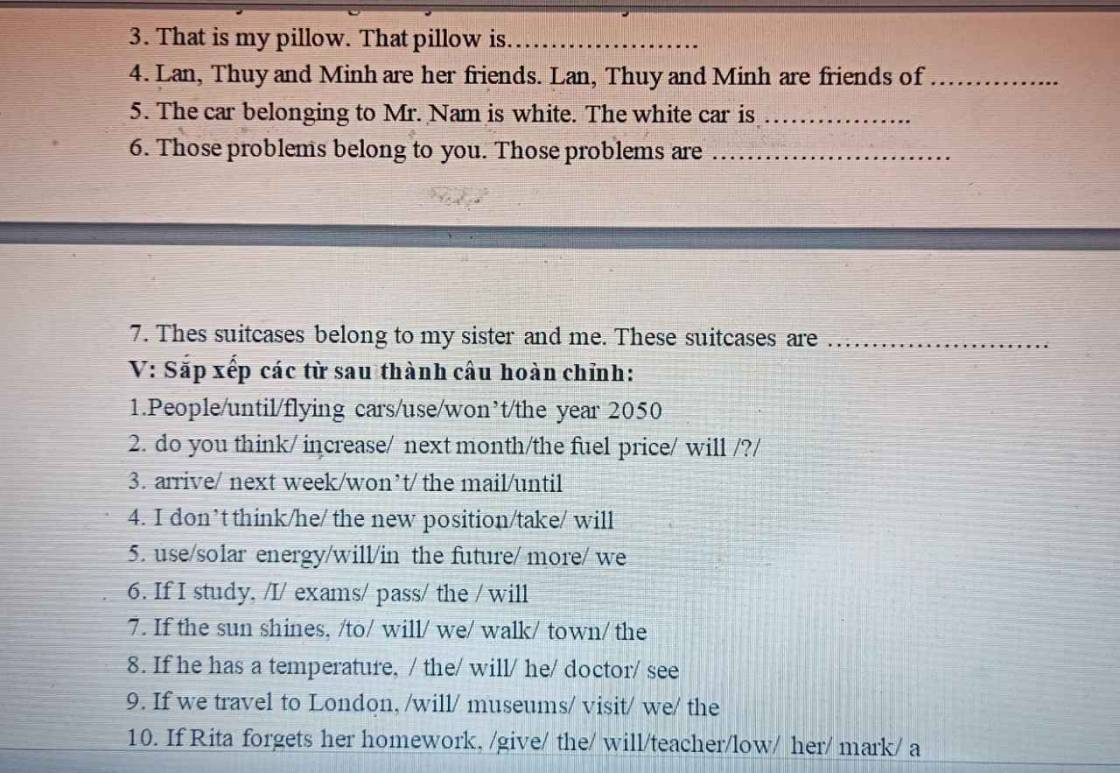Soạn 1 bài thi nói nhóm bằng tiếng Anh giới thiệu về địa điểm du lịch nổi tiếng Đà Nẵng
Hãy nhập câu hỏi của bạn vào đây, nếu là tài khoản VIP, bạn sẽ được ưu tiên trả lời.


Here's an introduction to the Battle of Dien Bien Phu in English:
---
The Battle of Dien Bien Phu was a pivotal conflict in the First Indochina War, marking the climax of a struggle between French colonial forces and the Viet Minh, led by Uncle Ho Chi Minh. This battle took place between March and May 1954 in the Dien Bien Phu valley in northwestern Vietnam.
The French, under the command of General Christian de Castries, fortified the Dien Bien Phu valley, creating a complex series of strongpoints to defend against the expected Viet Minh assault.
However, the Viet Minh, commanded by General Vo Nguyen Giap, executed an impressive logistical feat. They transported heavy artillery and supplies over mountainous terrain, manually hauling pieces through rugged paths. Once in position, they launched a massive and well-coordinated attack on the French positions, encircling and bombarding them with artillery, which the French had believed impossible.
The siege lasted for fifty-five days, with intense fighting characterized by trench warfare and direct assaults reminiscent of World War I battles. The Viet Minh's tactics and endurance in the face of French firepower eventually led to the fall of the French garrison.
The capture of Dien Bien Phu was a significant victory for the Viet Minh and a symbol of the rise of nationalist movements in colonial territories. It precipitated the Geneva Conference, which negotiated the ceasefire and eventually led to the withdrawal of French forces from Indochina. This battle not only marked the end of French colonial rule in Vietnam but also reshaped the geopolitical landscape of Southeast Asia.
Dien Bien Phu remains a testament to the strategic brilliance of General Giap and the resilience of the Vietnamese people. It stands as a historic reminder of the challenges of colonial warfare and the potent force of nationalist fervor.

V
1People won't use flying cars until the year 2050
2Do you think the fuel price will increase next month?
3The mail won't arrive until next week
4I don't think he will take the new position
5We will use solar energy in the future
6If i study, i will pass the exams
7If the sun shines , we will walk to the town
8If he has a temperature , he will see the doctor
9If we travel to London , we will visit the museums
10If Rita forgets her homework, the teacher will give her a low mark

Out of all the subjects at school, my favorite is definitely Maths, which is a natural science. To be honest, when I was a child, I was never the biggest fan of Maths, since it was too hard to understand. However, as I got older, I realized that Maths’ complexity is its charm, so I have been fascinated by it ever since.
In Maths class, we gain insights about numbers and shapes, through formulas, equations, measurements, and lots of calculations. It requires logical thinking, hard work, and good memory. Many people think that the knowledge we learn from this subject is not practical, but I personally think Maths is very applicable. For example, while building a house, I would need Geometry to figure out the best approach to lay the foundation and whatnot. And in everyday life, simple activities such as calculating my daily expenses will not be possible without Arithmetic. What I love most about Maths is the rewarding feeling after I solve a difficult problem - it is the best experience ever.
All in all, Maths is a phenomenal subject, and is especially suitable for people keen on logic and numbers - such as myself! I simply adore it, and I am considering a career in this field.
Tick cho mình ạ

1. At present, most of our electricity comes from the use of coal, gas, oil, or nuclear power.
2. Scientists are trying to find other alternative sources of energy.
3. Energy from the sun is clean, cheap, and safe.

Mới giữa kì thôi em, em cứ tiếp tục cố gắng nhé, bởi còn bài thi cuối kì nữa. Nhưng em phải chấp nhận là điểm em sẽ không cao. Cố gắng lên nhé.

Trong tương lai, liệu chúng ta có thể tương tác với máy móc nhiều hơn với con người không? Điều này có thể có tác dụng gì?
Dịch:
Trong tương lai, liệu chúng ta có thể tương tác với máy móc nhiều hơn với con người không? Điều này có thể có tác dụng gì?

Dưới đây là các từ với các âm tiết được nhấn mạnh:
- Rainy
- ge_ography
- phy_sical
- edu_cation
- Wed_nesday
- A_pril
- sub_ject
- in_te_resting
- im_por_tant
- dif_fi_cult
- uni_form
- les_son
- ac_tivity
- base_ball
- lunch_time
- li_terature
- moun_tain
- time_table
- noo_dles
- op_tion
'Rainy, ge'ography, 'physical,edu'cation, 'Wednesday, 'April, 'subject, in'teresting, im'portant, 'difficult, 'uniform, 'lesson, ac'tivity, 'baseball, 'luchtime, 'literature, 'mountain, 'timetable, 'noodles, 'option.

She isn't studying at the moment , she is looking out of the window.
